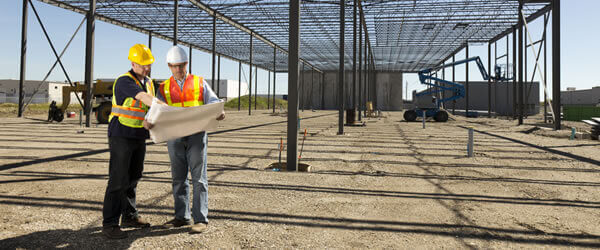With news in week regarding the appearance of a huge sinkhole in a residential cul-de-sac in St Albans, Landmark Information Group, is reminding conveyancing solicitors of the importance of running relevant ground stability checks as part of the due diligence process.
A sinkhole is classed as a collapse of ground over a naturally formed void at depth. They typically occur when the ground below the surface has been dissolved and are, therefore, usually found in areas underlain by chalk, limestone, gypsum and salt. They can also occur as a result of ground collapse over man-made voids in the ground, such as mine workings or historic quarries.
Having carried out a Homecheck Professional Ground Stability report on Fontmell Close in St Albans where the latest collapse happened, it has identified Natural or Man-Made Cavities within the 250m search area, plus includes features on Ordnance Survey’s historical mapping that may indicate potential ground stability risks. Historical mapping also identifies that the area was historically used as a brick field and clay pit, with extensive local clay brick and tile manufacturing.
Rob Phillipson, Sales & Product Director at Landmark Information Group said: ‘In this particular instance, the results from the HomeCheck Professional Ground Stability Report identify a number of risks, based on the historical use of the land at the address in St Albans. Given the potential impact on a property, ground instability risk is clearly something for which conveyancing solicitors should be checking as part of their due diligence process. At Landmark, our residential and commercial reports contain data from multiple sources to provide risk screening and next steps.’
Landmark Information Group, part of the Daily Mail General Trust, is the UK’s leading provider of land and property search information, including digital mapping, environmental risk reports for property professionals and sophisticated property management tools to surveyors, risk and fraud managers and the broader financial markets. It also has operations in Germany in the form of On-Geo, and interests in Holland.
Landmark has quickly developed into a leading provider of property related environmental risk information and digital mapping since the inception of the business in 1995.
Working closely with data providers including Ordnance Survey, the Environment Agency, the Coal Authority and the British Geological Survey enables Landmark to offer current and historical environmental risk management information and desktop mapping solutions for the property industry. Since 1995, substantial investment has been made in establishing the Landmark database which is one of the largest geographical information databases in Europe.































